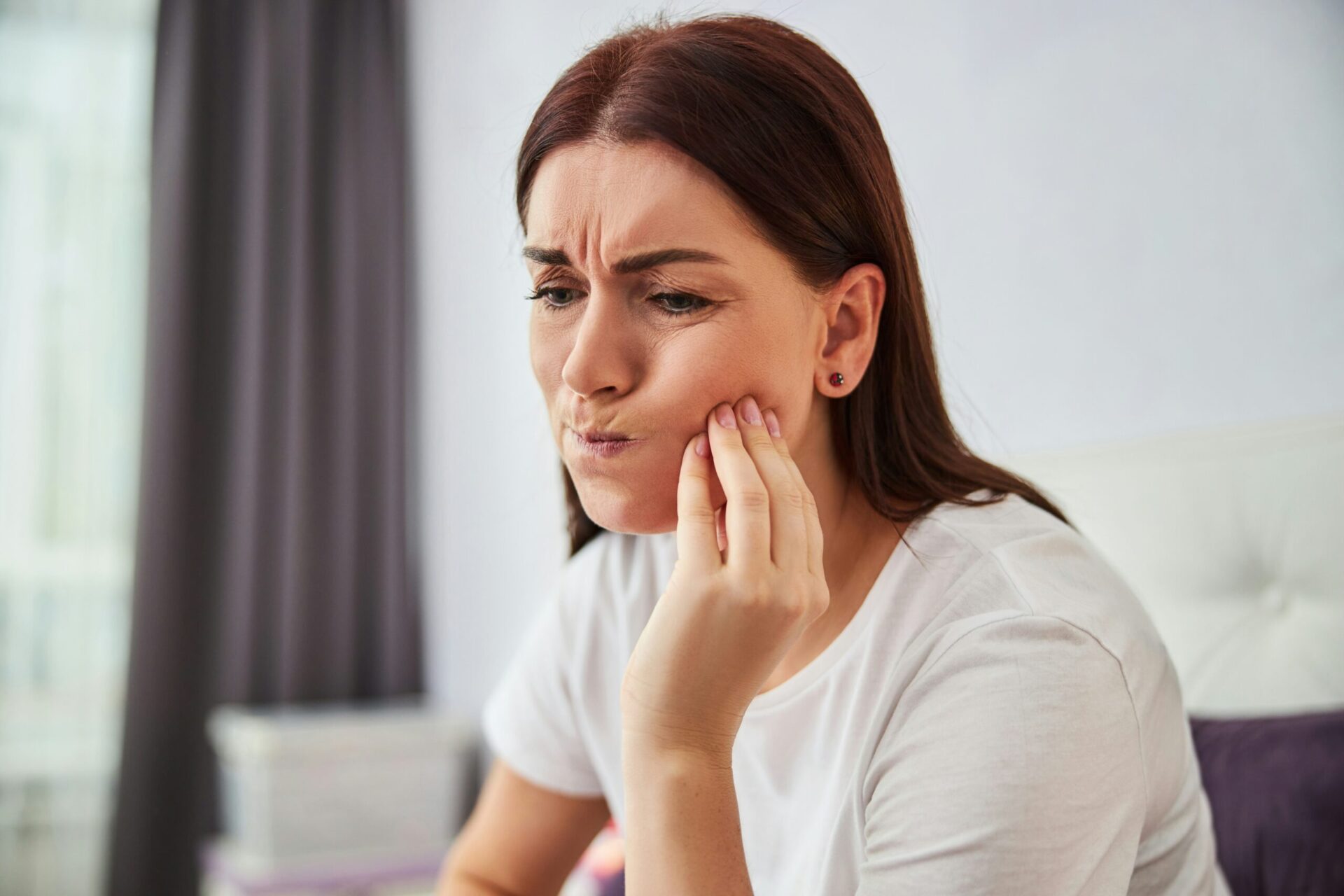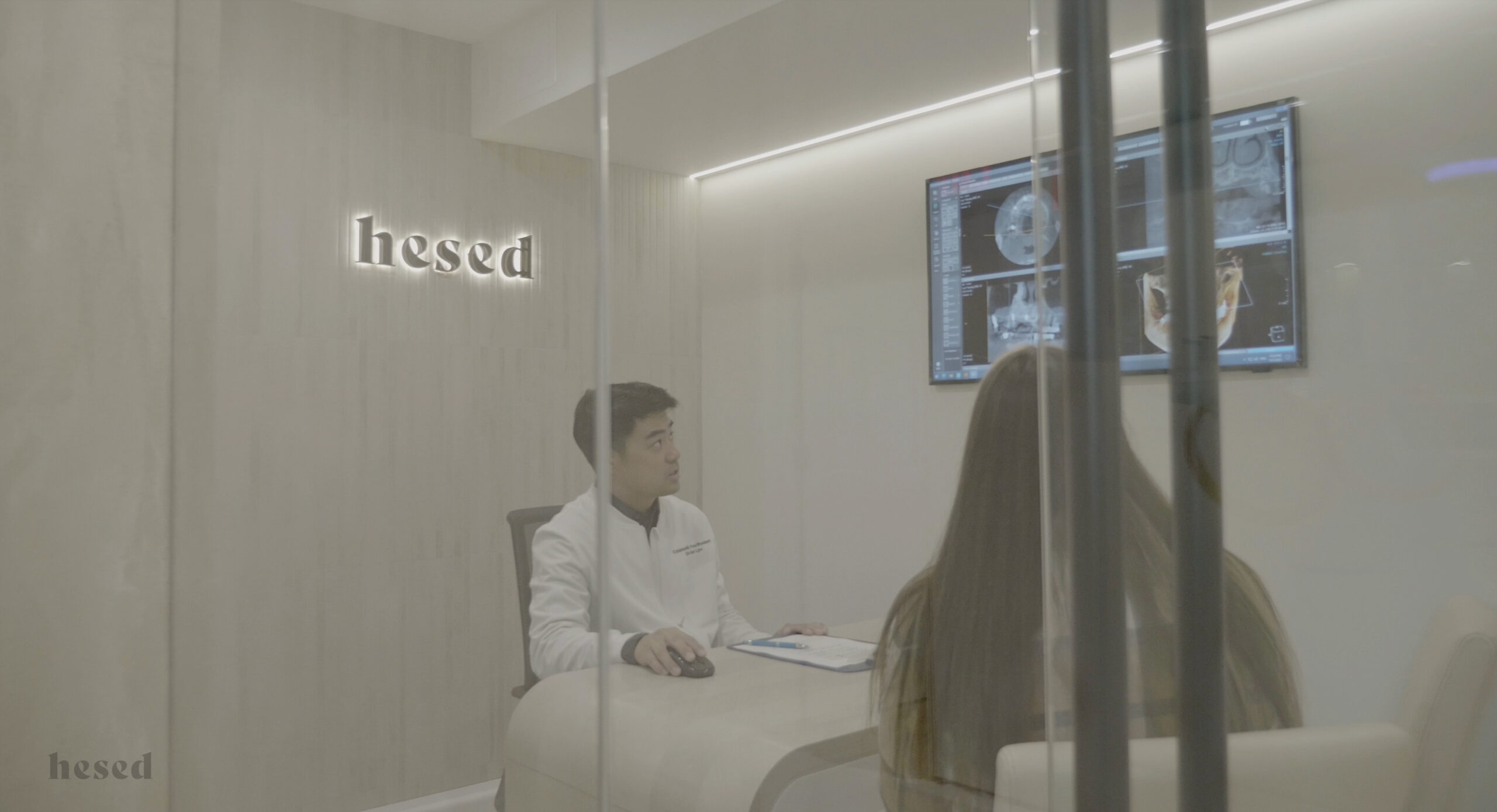Nowadays, aesthetics is a concern for everyone. All of us want our teeth to look white naturally, so that we can smile with more confidence. In pursuing this healthy and esthetic and healthy smile, one of the options that most people opt for is tooth veneers. But with everything good, comes suffering. Tooth sensitivity after veneers is a common concern after getting veneers, which can raise suspicion and anxiety among patients.Understanding what causes this tooth sensitivity after veneers is important, as this understanding of the causes leads us towards effective remedies or even permanent solutions. This article will help you understand all about veneers and how they can cause sensitivity.
So, if you are planning to get veneers but are afraid of the outcomes, especially the negative ones, or you recently have got cosmetic dentistry done and are experiencing tooth sensitivity, continue reading this article to gain valuable insights in achieving healthy teeth.

Tooth sensitivity after getting veneers can be common and considered normal. Although it is considered normal from a dentists’ point of view, it can cause anxiety and discomfort in patients. This discomfort is mainly due to the process involved in placing veneers, which involves removing the layer of protective enamel from the tooth. This protective layer is removed so that space can be made to adjust the veneers.
The factors which contribute to tooth sensitivity include:
As mentioned earlier, tooth preparation for placing veneers involves removing a thin layer of protective enamel from the teeth. Removing this layer exposes the underlying dentin, leading to sensitivity.
To properly place the veneers on a prepared tooth, a bonding agent is used. If this bonding agent comes in contact with the dentin, it can lead to sensitive teeth.
Always have your veneers fit by a professional because loose fit dentures will almost always lead to sensitivity in teeth. Keep in mind that sensitivity due to other causes can be reversed, but sensitivity due to loose fit veneers can only be reversed if the fit is done properly.
Tooth trauma can lead to temporary pain and sensitivity.
If you already have pre-existing dental issues which cause sensitivity, like gum diseases, cracked teeth or cavities, it is highly likely that this feeling will be enhanced after you get the veneers.
The duration of tooth sensitivity after veneers varies from patient to patient. For most patients, the sensitivity subsides within a few days to a few weeks. However, there are certain factors which influence the duration of this sensitivity:
If you have started to experience tooth sensitivity after veneers and are getting anxious about what you should do next, don’t worry we got your back. You can try the following remedies to get relief from this sensitivity.
Although tooth sensitivity after veneers is a common condition, it can be avoided or at least its duration can be decreased if you follow proper guidelines. Following is a list of things to keep in mind:
If you are experiencing tooth sensitivity after veneering, Hesed Dental Clinic is here to help. Our experienced and caring staff is dedicated to serving the Cliffside Park, NJ community. 543 Gorge Road or call us to schedule an appointment. Let us help you smile!
Veneer FAQs
1. What causes sensitivity after veneers?
Enamel removal during prep
2. How long does sensitivity last after veneers?
A few days to a few weeks. If it lasts longer, see your dentist
3. How do I get rid of sensitivity after veneers?
Desensitizing toothpaste, avoid hot/cold foods and drinks, soft toothbrush
4. When should I see Hessed Dental Clinic for sensitivity after veneers?
If it’s severe, lasts more than a few weeks or is painful/swollen

Root canal therapy can be a life-saver, relieving your pain and preserving your natural teeth. Knowing what to expect as you recover, understanding root canal costs, and learning about the reason for wearing a crown after root canal will help you make wise decisions that will affect your dental health for the better. And, we’re always here to answer your questions and concerns and to help you enjoy a successful root canal experience from beginning to end. So, call Hesed Dental Clinic today and get on the road to physical and financial well-being.
Do you have a toothache or think you may need a root canal? Call or find us online for a convenient appointment at Hesed Dental Clinic. Our skilled, professional staff is ready to gently and efficiently treat your dental issues. We are located at 543 Gorge Road, Cliffside Park, NJ 07010. We look forward to helping you restore optimal dental health and a natural, beautiful, pain-free smile.

Hesed Dental 543 Gorge Road Cliffside Park, NJ 07010
201 941 8877